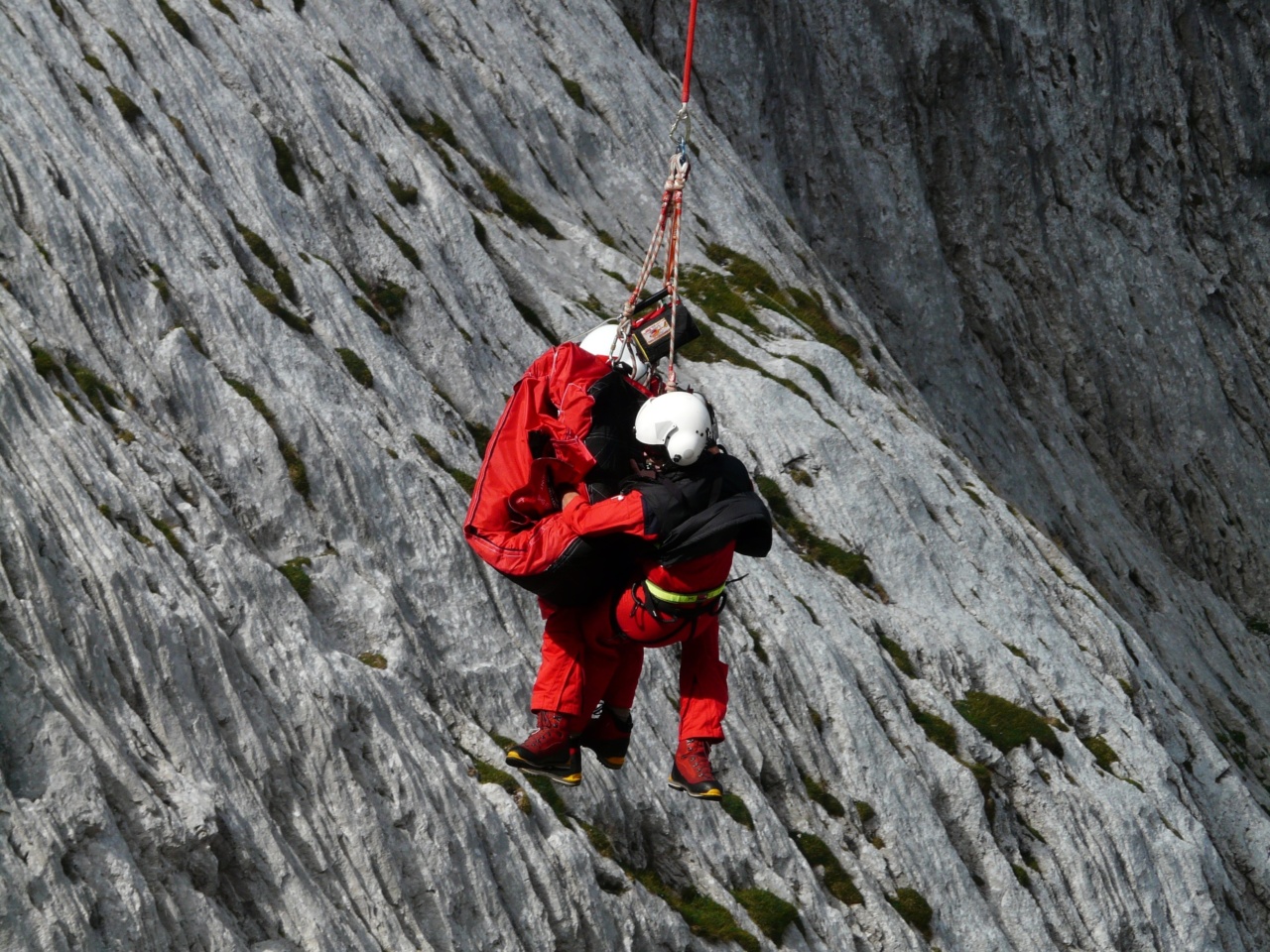Life is full of unexpected encounters, and it’s not uncommon to come across strangers who may be in need of help.
While it is important to be cautious, there are times when we can make a significant impact on someone’s life by offering assistance. In particular, individuals who are at higher risk often require extra support and care. By understanding the needs of these individuals and being prepared, you can make a positive difference in their lives.
Here are some ways to aid strangers at higher risk.
1. Educate Yourself
One of the most important steps in providing aid to strangers at higher risk is educating yourself about their specific situation.
This could involve understanding their medical conditions, disabilities, or any other factors that contribute to their vulnerability. By gaining knowledge about their needs, you can better comprehend how to offer appropriate help.
2. Offer Assistance in Public Places
Public places like shopping centers, train stations, or airports can be overwhelming for strangers at higher risk. Offering assistance in such locations can go a long way in ensuring their safety and comfort.
For example, you could provide directions, help carry their belongings, or offer a helping hand when they appear to be struggling.
3. Respect Boundaries
While it’s crucial to offer aid, it is equally important to respect the boundaries of strangers at higher risk. Some individuals may be hesitant to accept help from others, so it’s essential to be sensitive to their feelings.
Always ask if they require assistance before stepping in, and if they decline your offer, respect their decision with understanding and kindness.
4. Be Mindful of Accessibility
When aiding strangers at higher risk, it’s important to be mindful of their accessibility needs. Consider whether the location or situation is suitable for them.
For instance, if someone uses a wheelchair, ensure that the place you’re recommending or accompanying them to is wheelchair accessible. Paying attention to such details will make their experience more comfortable.
5. Offer Emotional Support
Strangers at higher risk may not only require physical assistance but also emotional support. Loneliness and isolation can often be a struggle for individuals in vulnerable situations.
Simply showing kindness, lending a listening ear, or engaging in friendly conversation can make a significant difference in their lives.
6. Assist with Transportation
Transportation can be a major challenge for strangers at higher risk, especially if they have limited mobility or other related difficulties.
Offering help with transportation, such as driving them to appointments or assisting them in using public transportation, can greatly alleviate their worries and ensure they can access necessary resources.
7. Connect Them with Resources
Strangers at higher risk may not be aware of the various resources available to them.
As an aid provider, it will be beneficial to have information about local organizations, support groups, or government assistance programs that can help them address their specific needs. By connecting them with available resources, you can empower them to improve their situation.
8. Be a Good Listener
Often, strangers at higher risk may face discrimination or judgement due to their vulnerabilities. In such cases, being a good listener is invaluable.
By providing a safe space for them to express their concerns or frustrations, you can offer the validation and support they need. Remember, sometimes lending an empathetic ear can be just as impactful as providing physical assistance.
9. Volunteer at Organizations
If you have the time and capacity, volunteering at organizations that support individuals at higher risk can be an excellent way to offer aid on a larger scale.
These organizations often require dedicated volunteers to help with various tasks, such as delivering meals, assisting with administrative work, or organizing events. Your contribution will help create a positive impact in the lives of multiple individuals.
10. Spread Awareness
Besides providing direct aid, spreading awareness about the challenges faced by strangers at higher risk is crucial.
By sharing their experiences, advocating for their rights, or promoting inclusivity, you can contribute to creating a more supportive and understanding community. Utilize social media platforms, participate in awareness campaigns, or engage in discussions to raise awareness and foster empathy.
Remember, while providing aid to strangers at higher risk is commendable, it’s vital to prioritize your own safety and well-being. Use your judgement and trust your instincts in any given situation.
By approaching with kindness, respect, and an open heart, you can make a significant difference in the lives of those who need it most.






























